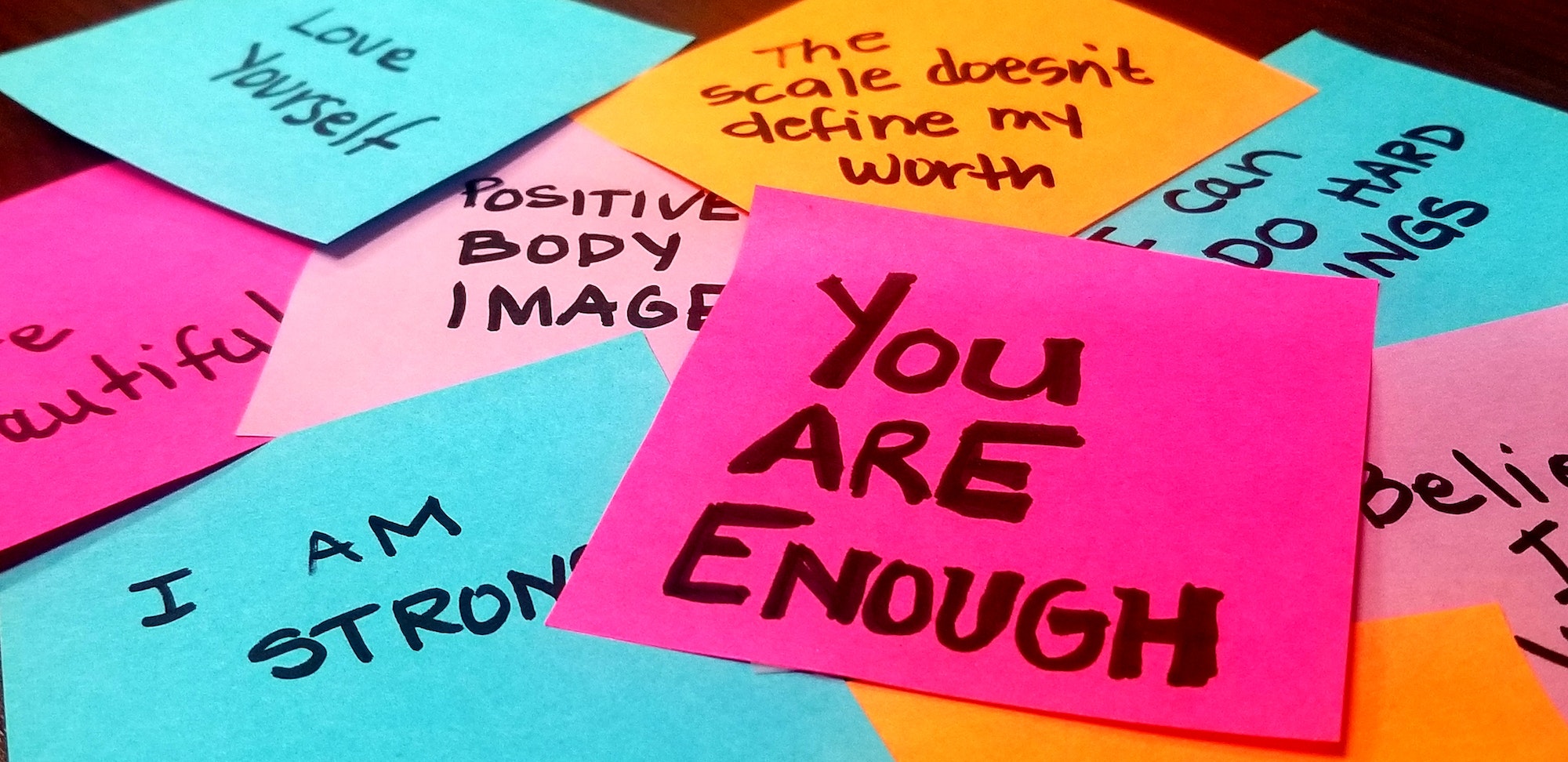
Health, Mental Health, Opinion, Self-Improvement
I make introverts authentic & unstoppable!
Page 1/2

Health, Mental Health, Opinion, Self-Improvement


Mental Health, Opinion, Self-Improvement

Mental Health, Opinion, Self-Improvement





